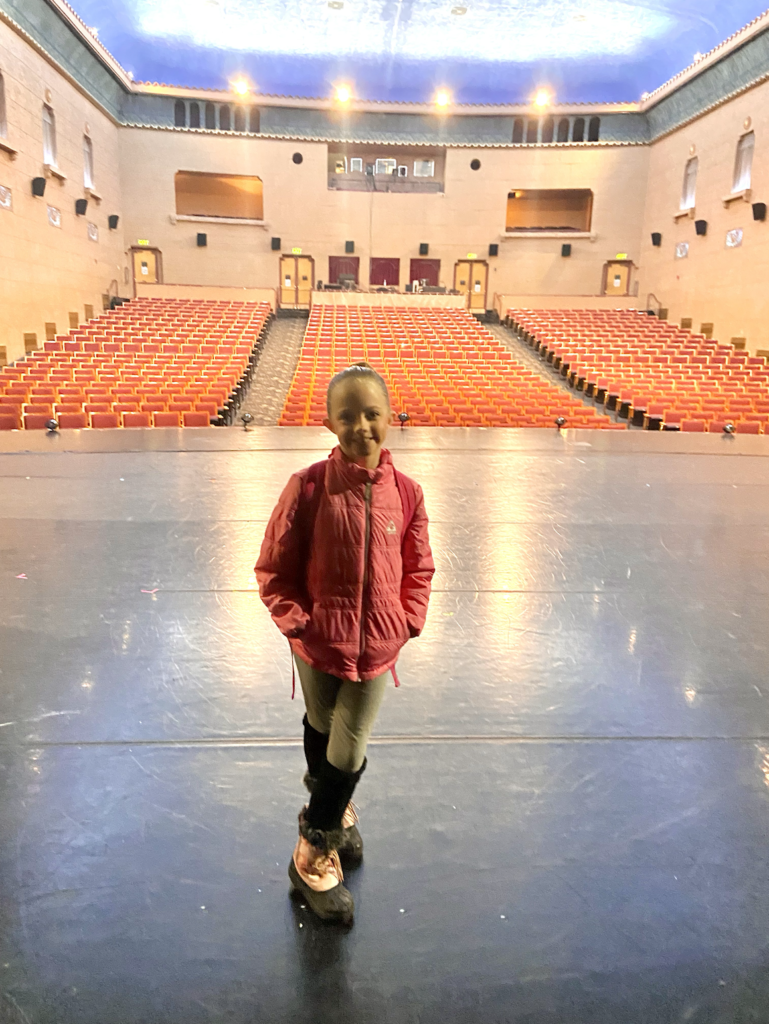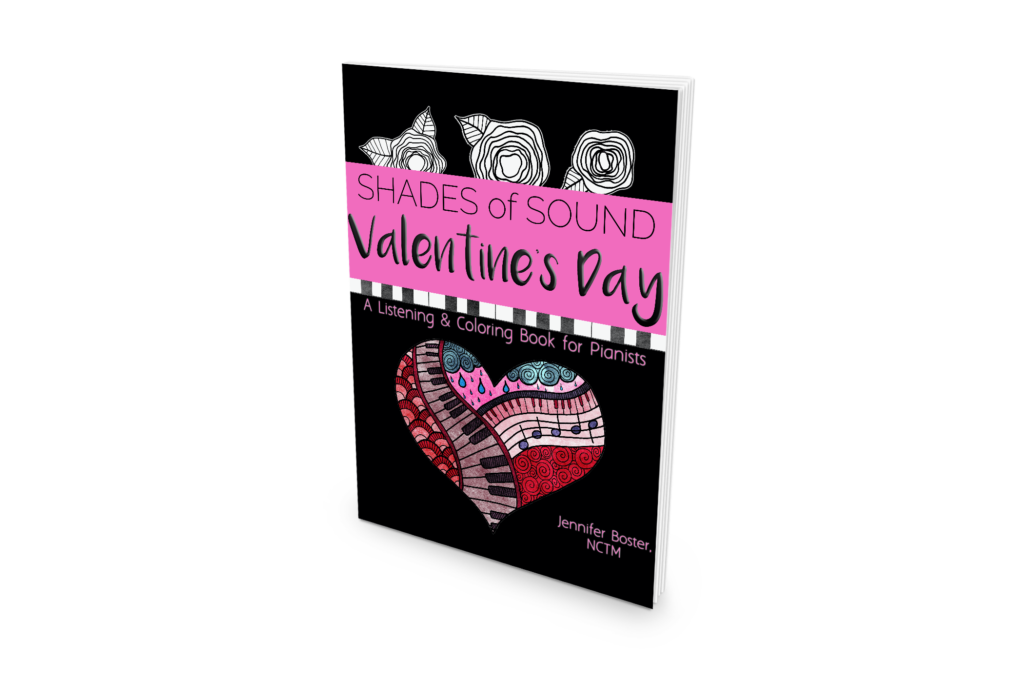8 Ways to Make the Most of a Piano Lesson
Today I want to share with you 8 Ways to Make the Most of a Piano Lesson. Each weekly lesson adds up to a LOT of time, and a BIG part of your students’ lives – let’s plan ahead to make the most of our opportunity to influence these blossoming musicians!

1. See the Potential
When a new student walks into your studio, look for their potential. Maybe they’re not very good. Maybe they’re unsure and awkward. Maybe they don’t even like piano that much. Music has such a power to change a person for the better – and you can be that great music teacher who can look ahead at what your student can become and then nurture and guide them to reach that!
Goethe said, “If we treat people as they are, we make them worse. If we treat people as they ought to be, we help them become what they are capable of becoming.”
2. Have a Plan
Teaching without a plan results in wasted lessons. As teachers we need to have a plan for what techniques our students need to learn and master, what repertoire would best suit their abilities, their personalities, and their musical goals. What method books will you be using? Will you use other supplementary repertoire? And also very important – what are your student’s goals? Ask them when they first start lessons and revisit often. What areas do they need to be working on consistently to reach their goals and your goals?
It’s also important to have a plan in place for the parents – what is their role in piano lessons? Will they be required to help with practice time at home? How will you stay on the same page and communicate with one another to best help the student reach their goals?
3. Teach with Enthusiasm!
Approach each lesson with energy and enthusiasm! This 30 or 45 minutes is the ONLY time you will spend with your student during that week – make it count! Be an influence for good. Show them by example a LOVE of music. Make the most of each lesson. Happiness is contagious. Be an “instrument of inspiration!”
4. Teach HOW to Practice
You can’t just say “go home and practice.”
Teaching our students HOW to practice is one of the most important and beneficial things we will do as a piano teacher. You shouldn’t just leave it up to chance – be sure that they have the tools necessary to succeed!
You can make the most out of the lesson time if the student knows how to make good progress during the week. Lessons with no practice in-between are wasted.
Show them SPECIFIC, actionable practice tricks and techniques and work through a section or two of their music with them during each lesson to show them HOW to learn their music effectively and efficiently.
5. Love Them & Listen To Them
Learn about your student, their likes, hobbies, strengths. Lend a listening ear. You are with them one-on-one a lot and can be an important person in their life.
My piano teacher from my teenage years is an excellent example of this. She taught me piano, but more importantly she loved me! She was always interested in my life. When I left her to study in college I remember her saying, “You can walk out of my door, but you can’t walk out of my heart!”She always told me to “be happy!” no matter the outcome of a performance. Her studio was a happy place, somewhere I wanted to be.
6. Show Them a Love For Music
When you really love music, it is contagious! So many students start out lessons with a spark of excitement – keep that spark alive by showing by example how wonderful music is!
Give your students opportunities to HEAR beautiful piano literature. Have them make a “repertoire wish list” of pieces they’d like to learn. Give them listening assignments, teach them music appreciation and history. Tell them about your favorite composer’s life. Pull up recordings during their lessons of a composer they are learning. Perform for them!
7. Build & Show Confidence In Them
Praise your students’ accomplishments – there is always something good you can praise during the lesson. Make them feel good about their efforts, and THEN you can build and help correct mistakes in a positive way.
My teacher always exclaimed, “Wonderful!!” with a flair and it made me feel SO good.
I have a secret high five I do with one of my students – he does a giant glissando down the keys and lands in a high five with me!
One way we can both show our confidence in our students and build their confidence is by helping them to have performance opportunities. Performing requires careful preparation and hard work, and a successful performance helps our students feel more confident in their playing.
8. Challenge & Stretch Them
When you praise the good things along with setting high expectations, students will progress! One of the most important things to be learned from piano lessons is GRIT, PERSEVERANCE and DETERMINATION. Set high standards for your students, then encourage them with love. Tell them, “you can do this! You have the tools you need to learn this at home during your practicing. Let’s try it together now and you’ll see how well you can do it!”
I like to give students a specific “challenge” each week to focus on during their practicing – usually something they are struggling with. By making a specific challenge and getting them all pumped up to complete it I am showing confidence in their ability to do hard things.
In high school, my teacher always challenge/expected me to practice for three hours per day each summer! It seemed so hard at first, but through her encouragement I rose to the challenge and it made a HUGE difference in my piano progress!
Don’t be afraid to assign a “challenge piece” – a piece that is a little bit above the student’s current abilities but that will be fun and motivating and will bring them up to the next level.
Be an Inspiration!
I love this quote by Goethe – I think that it sums up our potential for inspiration as piano teachers really well!
“I have come to the frightening conclusion that I am the decisive element. It is my personal approach that creates the climate. It is my daily mood that makes the weather. I possess tremendous power to make life miserable or joyous. I can be a tool of torture or an instrument of inspiration, I can humiliate or humor, hurt or heal. In all situations, it is my response that decides whether a crisis is escalated or de-escalated, and a person is humanized or de-humanized. If we treat people as they are, we make them worse. If we treat people as they ought to be, we help them become what they are capable of becoming.” -Johann Wolfgang Von Goethe
Get this Freebie:
Do you want a free print of this quote to hang in your piano studio? I’d love to email you one for free! Click here to let me know where to send it to!

 Previous Post
Previous Post

















